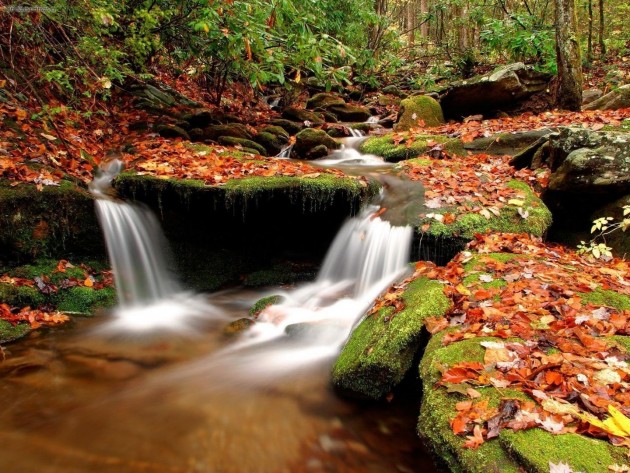
Many recreational outdoorsmen and women may have to pay more money to do the activities they enjoy. The U.S. Forest Service is proposing increasing or creating more user fees at some recreation areas on Nantahala and Pisgah national forests.
The proposals include creating a fee for the first time at Wolf Ford Campground in Pisgah National Forest, and at Moss Knob Shooting Range and Wine Spring Horse Camp in Nantahala National Forest. If these changes are approved, they would go into effect for the 2011 recreation season.
This change in fees may directly affect many avid hikers and those who like the otdoors, specifically the budgeted college students from Western Carolina University who enjoy the outdoors from time to time.
“It seems very overwhelming to have something so gorgeous, pristine, and ‘free’ to suddenly have a fee slapped onto it,” said WCU Junior Andrea Craven who is majoring in Environmental Science. “I hike all the time, enjoying god’s most finest creations. However I would still be willing to pay a ‘small’ fee to continue my efforts as an avid hiker.”
The Forest Service started charging fees for some recreation areas in North Carolina in the late 1990s. Eighty percent of the fees are invested in recreating sites on the national forest where they are collected.
“Without the fee, two things would happen: We would not maintain them and we would not be able to add amenities that people ask for,” said Candace Wyman, a spokeswoman for the National Forests in North Carolina.
As an example of how fees benefit where they are charged, the current $3 vehicle fee at Roan Mountain generates $27,000 on average for the site, and the changes would increase that by about $10,000, according to David McFee, operations forester on the Appalachian Ranger District of Pisgah National Forest. The money goes toward maintenance and providing interpretive services at Roan Gardens.
“Fees are always discouraging at first, but people grow calloused and end up paying the fees in the end anyways,” said Craven. “It may not be imminent to the forests’ health now. However I do feel fees will help out in the future in many ways only forseen from a higher perspective of an Environmental Scientist or an Ecologist.”
For off-roaders, fees will increase at two sites, and a new forest-wide seasonal pass will be offered. Most of the money for off–highway vehicle areas goes into maintaining the trails themselves, according to Leigh Marston, who works in operations on the Grandfather Mountain Ranger District of Pisgah National Forest.
The Forest Service is also proposing fee increases at three shooting ranges in Nantahala National Forest. Fees at shooting ranges may discourage some people from going to them, which some say could prevent the use of ranges and result in the use of less safe shooting facilities.
“There is a lot to be managed,” said Craven. “Believe it or not, this is an item of concern on the state and national level concerning the health and safety of our forests. NC tax dollars are being used for the upkeep instead.”
“By using fees to help fund research and deal with incidents such as pollution control, air and water quality, etc. I feel that this is a splendid idea, and would benefit the unemployment rate by encouraging people to join the work force that carries out these tasks,” said Craven.






